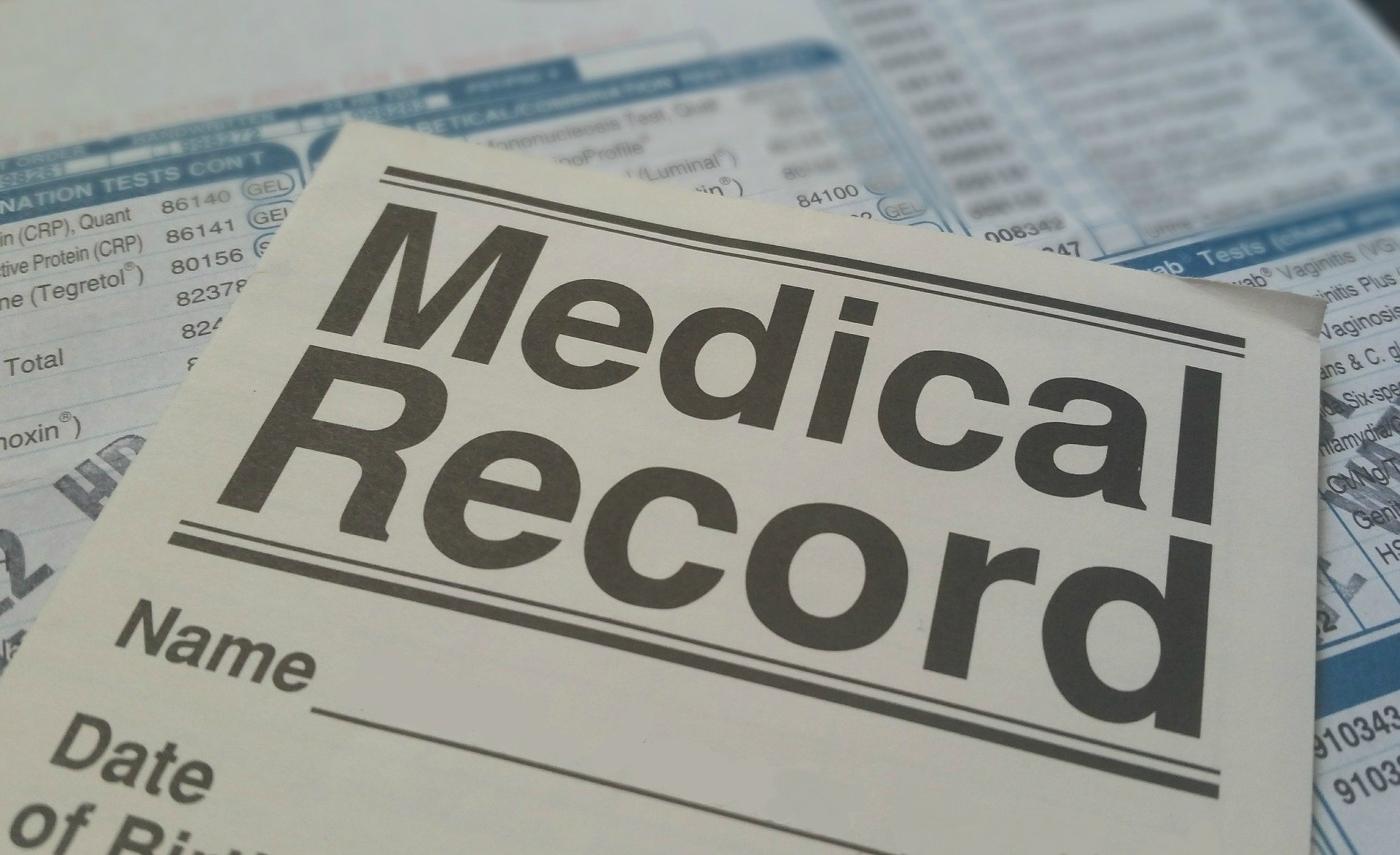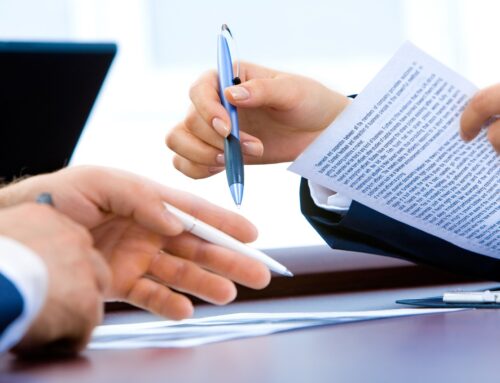An injury claim may necessitate many types of evidence and documents. The exact nature of the documents needed will be determined by the specifics of the case, such as the extent of your injury or the damages you are seeking. Although you may not need all of the documents listed below, most accident or injury claims will require these types of evidence. This is a good checklist for you to begin to gather what you need as you seek legal representation.
Types of Documents and Evidence
- Police reports: Police reports are public records and all parties to the case can have access to them once made available. There may be several police reports depending on the law enforcement agencies’ response. If appropriate, an accident reconstruction report may be made available. The reports provide a starting point but are not necessarily conclusive. A police report may lead to the preparation of other reports by labs and other agencies.
- Witness statements: Witnesses are those who were present at the scene of the accident and saw or heard something that may be pertinent to your case. Even if they were not present, individuals with relevant information about the accident may also be witnesses in your case. Witness statements may also be completed by the investigating enforcement agencies, the parties to the accident, and even any federal oversight agency that jurisdiction the scene.
- Victim/client statements: These statements are generally regarded as the most essential documents in an accident claim. The victim or client statement should be recorded when the individual has the best recall of the events of the accident. If you have been involved in an accident, it is best to record everything as soon as possible after the accident. After detailing everything you remember about the incident, keep a journal about injuries, pain and suffering, medical treatments, decreased mobility, or other thoughts about how the accident has affected your daily life.
- Medical reports: Medical reports may include emergency room records, doctor care records, autopsy reports, and rehabilitation records. These reports would include all parties claiming harm or injury as a result of the accident. These records can also extend to the medical history of anyone related to the accident. Medical reports may also include prior records which prove the victim’s condition before the accident, such as having a preexisting condition.
- Research into past violations or noted safety issues: Any element involved in the accident may be subject to investigation as to past violations. For instance, if a piece of work equipment was known to be defective but still used in production, that may affect damages and compensation. A party to the case may even seek records of the last time a car was serviced or when the tires were last replaced.
- Video or photos: Video and images of an accident scene may include photos taken before, during, or after the accident. Traffic and security cameras are often placed in strategic locations and may have captured important details surrounding the accident, if not the accident itself. Photos taken after an accident are equally as important. An investigation into any smartphone footage which may exist should also take place. These days, some of the most compelling evidence is taken by a bystander on their phone.
- 911 Calls: 911 dispatch calls offer a real-time account of the accident. They provide details as to the nature of the accident and offer insight into the emotion that the caller was experiencing.
- Receipts: You’ll want to keep detailed copies, records, and receipts regarding medical care and supplies, rental car or alternate transportation expenses, caregiver expenses – whatever costs you incur because of the accident. Whenever possible, keep a digital and a physical copy of all records and receipts.
If you have been in an accident or were injured due to someone’s negligence, call a personal injury attorney for a consultation as soon as possible. They can help you to collect all of the documentation and evidence you need to present your strongest case. Probinsky & Cole are personal injury and immigration attorneys with offices in Orlando, Tampa, and Sarasota.








